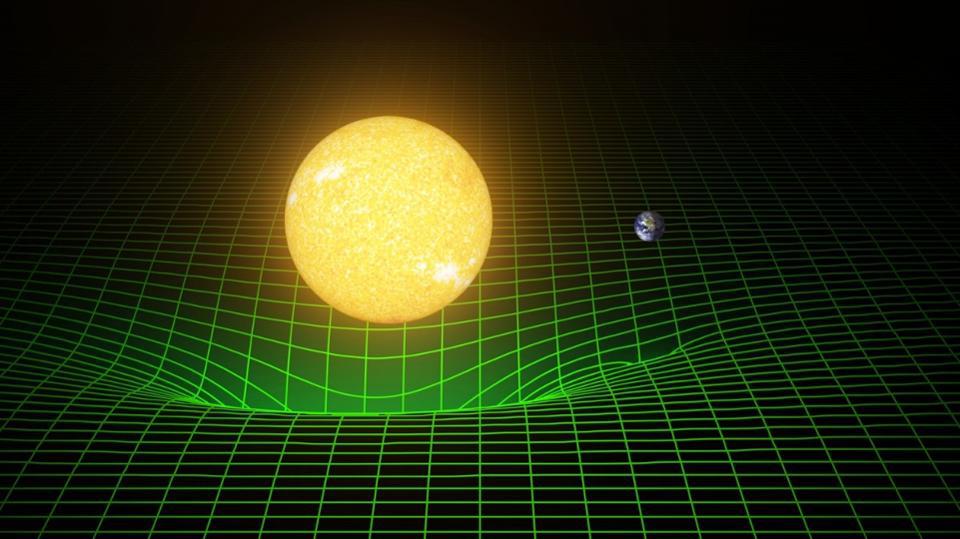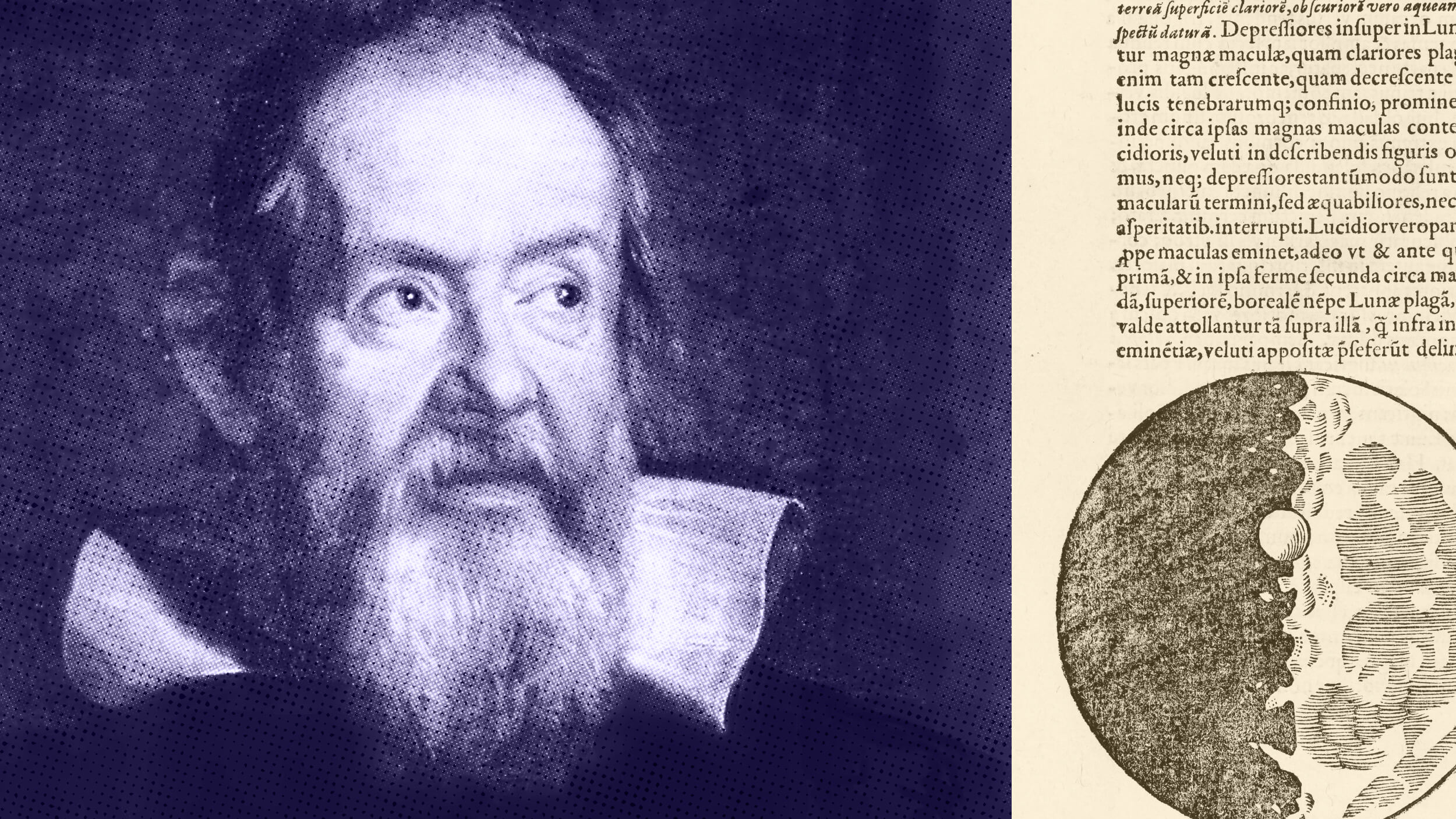From envying comic book characters to pondering extra dimensions while staring at fish, Dr. Michio Kaku recounts the experiences that made him one of the world’s most colorful scientists.
Question: What drew you to physics?
Michio Kaku: When I was a child, there was something that happened that changed everything; changed my outlook on life. When I was about eight years old, everyone was talking about the fact that a great scientist had just died. I still remember, everyone was talking about it, it made the front page of all the newspapers, and they put a picture of Einstein’s desk in the front page. And the caption said, "Unfinished manuscript of the greatest scientist of our era." And I said to myself, "What? Why couldn't he finish it?" I mean, it's a homework problem, right? Why couldn't he simply go home and finish this project? What could be so difficult that the greatest mind of our era couldn't finish it? Well to me, this was greater than any adventure story. I had to know what was in that book. What was the problem that the greatest mind of our era couldn't finish?
Well, later I realized, years later, I found out that it was the Unified Field Theory. The theory to unite all laws into an equation perhaps no longer than one inch. An equation one inch long that will allow us to read the mind of God. That was the project that Albert Einstein set forth.
But, you know, I had a second role model when I was a kid. Not only did I idolize the work of Albert Einstein, and I had to know what was this Unified Field Theory, I used to watch the Sunday -- Saturday morning TV programs on television. And I was mesmerized by "Flash Gordon." For the first time, I saw this whole new world open up. A world of ray guns and rocket ships and aliens, and beings from outer space and I said to myself, that's for me. But you know, after awhile, I began to figure out something. First of all, I didn't have big muscles. I didn't have blonde hair. I was not going to be Flash Gordon. But I realized it was the scientists behind the scenes that made everything work. Without Dr. Zarkoff, there were no cities in the sky. Without him, there were no starships. He made the whole series work. And I began to realize something, and that is science is the engine of prosperity. Everything we see around us, all the technological wonders that have enriched our life and created this huge population on the planet earth, all of that can be traced back to science.
Question: What were your other formative experiences as a young person?
Michio Kaku: When I was a child, there was another event that helped to shape the person I was. My parents used to take me to San Francisco to the Japanese Tea Garden, and I used to spend hours watching the carp swimming just beneath the lily pads. And then I asked a question of myself that only a child would ask, and that is, what would it be like to be a fish? What would it be like to be a carp swimming in a two-dimensional world? A very shallow pond where you can only go forward, backwards, left and right, and anyone who would have talked about up, the world of the third dimension, was considered a crackpot. And then I imagined a carp scientist there and I said to myself, what would this scientist say? He would say, "Bah, humbug. Anyone who talks about the third-dimension, the world beyond the Lilly pads, the world beyond the pond, is an idiot because you can only go inside the pond. That is the universe. The universe is only what you can see and touch."
And then I imagined reaching down and grabbing the scientist fish, lifting him up into the world of the third dimension. What would he see? Well, he would see beings moving without fins. A whole new law of physics. Beings breathing without water. A whole new law of biology. And then I imagined putting him back into the pond. What would he tell his fellow fish?
Well today, we physicists believe, but we cannot yet prove that we are the fish. We spent all our life in three-dimensions; going forward, backward, left, right, up, down, but anyone who talks about a higher dimension, the world of up, hyperspace, a dimension beyond what you can see and touch is considered a crackpot. Until recently. And now, of course, some of the world's leading physicists now believe that perhaps there are other dimensions, other universes, other worlds to explore.
And perhaps one day, our machines will give us definitive proof of the existence of hyperspace.






